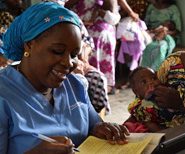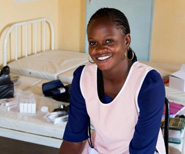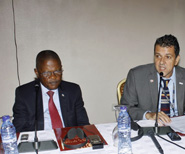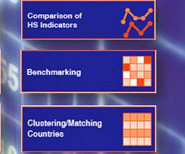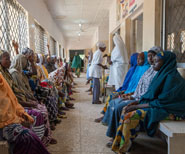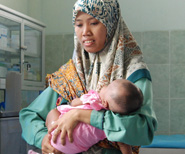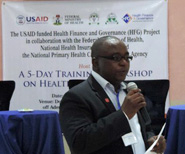With the growing push for universal health coverage worldwide, health policy and systems research or HPSR has been the focus of intense global interest in recent years. HPSR not only enhances program design and implementation, but also understanding of how to target investments and remove bottlenecks. In response to the interest, the First Global Symposium […]
New Brief Chronicles Progress of Health Systems Global





